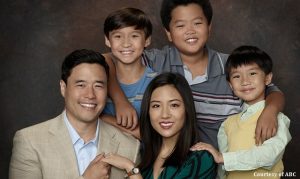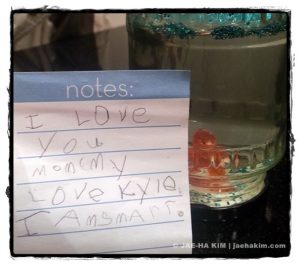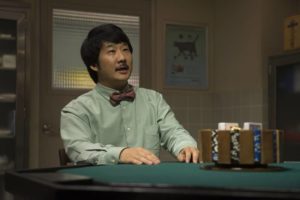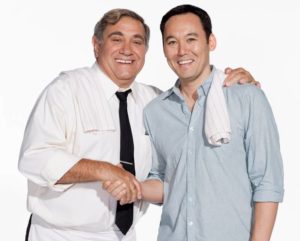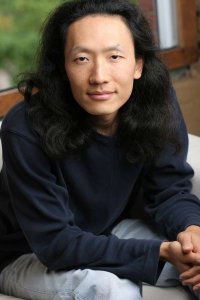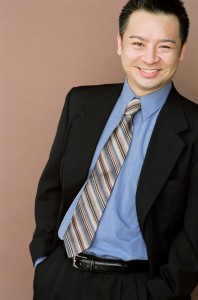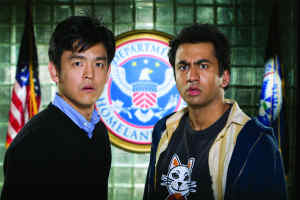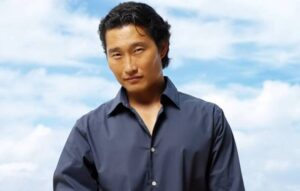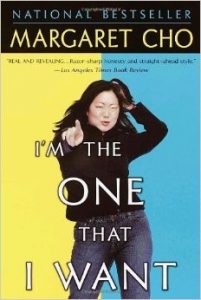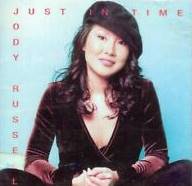Go Away With … Jimin Han
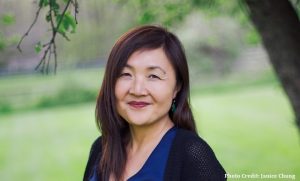
“A Small Revolution” author Jimin Han says, “When I was about 10 years old, we drove to Boca Raton, Florida. My great aunt joined us, flying in from South Korea. We went to the beach a lot, but one afternoon we went with her to a cemetery. She knelt at a grave and cried. I heard later that it was the grave of her estranged son, who had been a marine biologist and died in a scuba-diving accident. I’ve developed a novel around that visit and that mysterious great aunt.”
